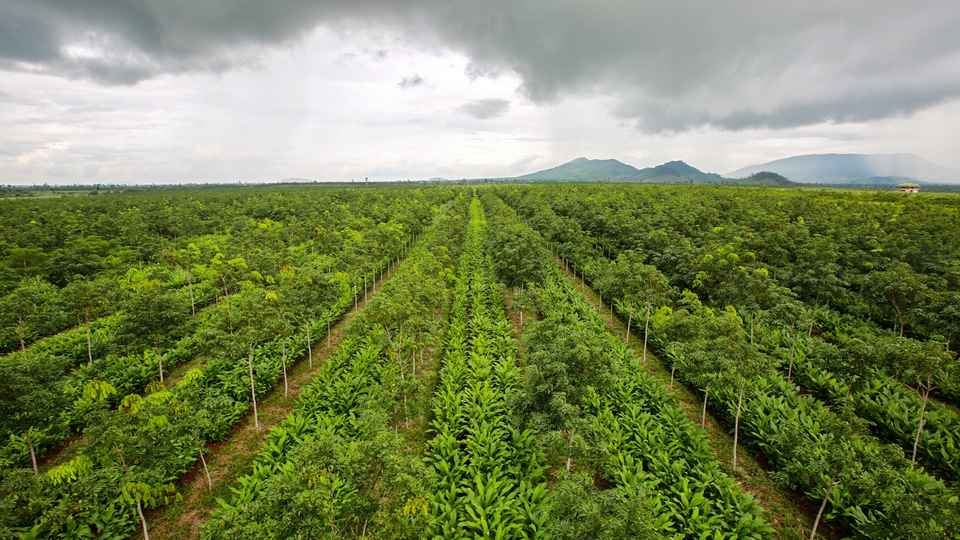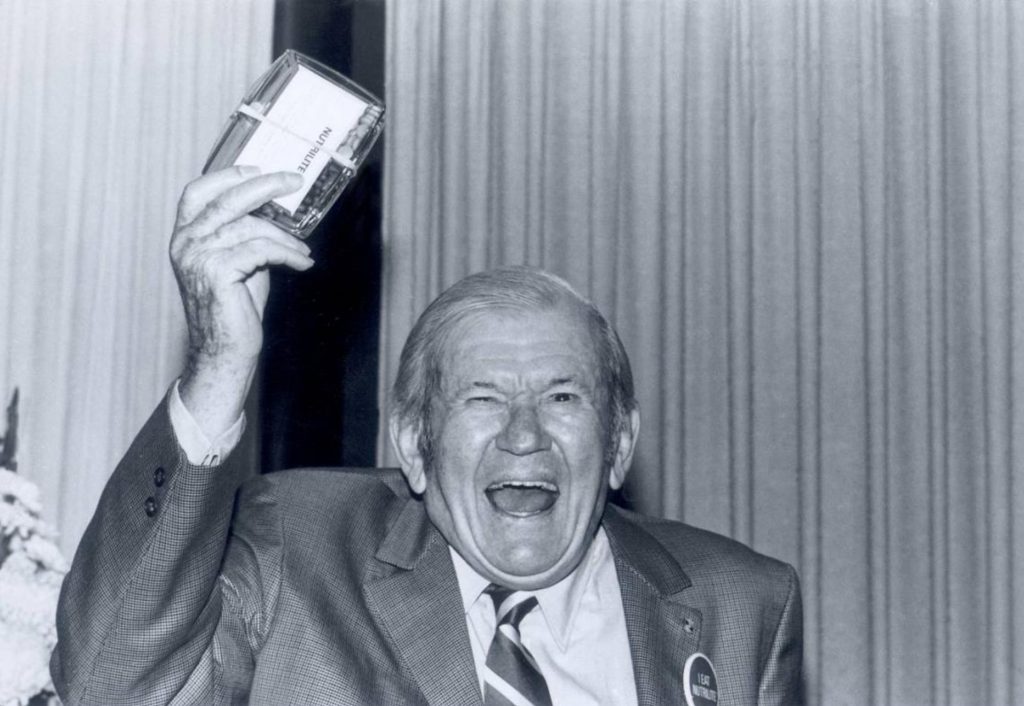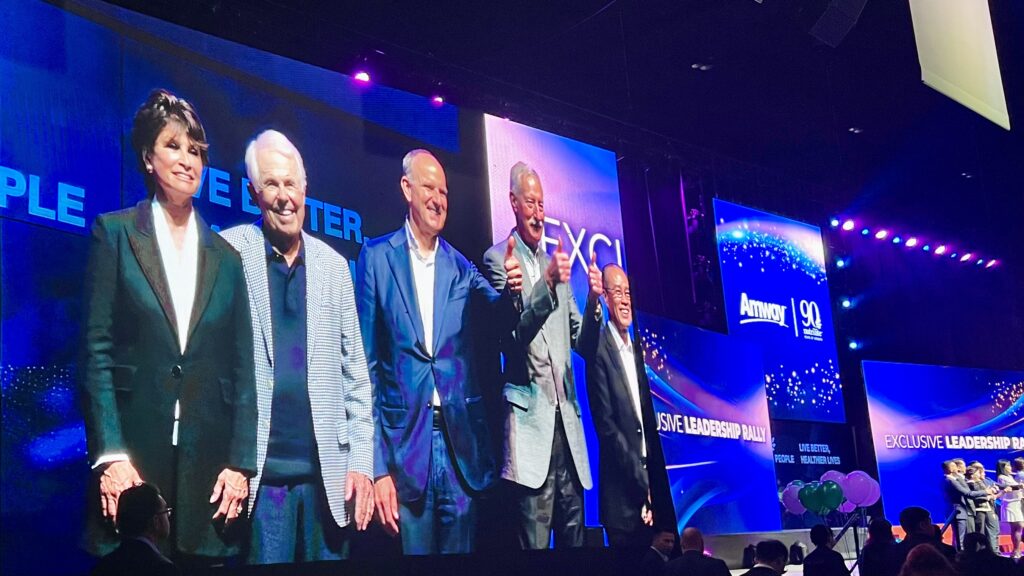Ever since my father began growing his own crops for his food supplements in the 1930s, Nutrilite has been farming organically. He didn’t call it organic farming then because the term didn’t yet exist.
It was J.I. Rodale who coined the term in the 1940s and he was heavily influenced by the ideas of Sir Albert Howard, a British scientist who spent years observing traditional farming in India. Howard envisioned agricultural systems that were reliant upon returning crop residues, green manures and wastes to soil. He promoted the idea of working with nature by using deep-rooted crops to draw nutrients from the soil.
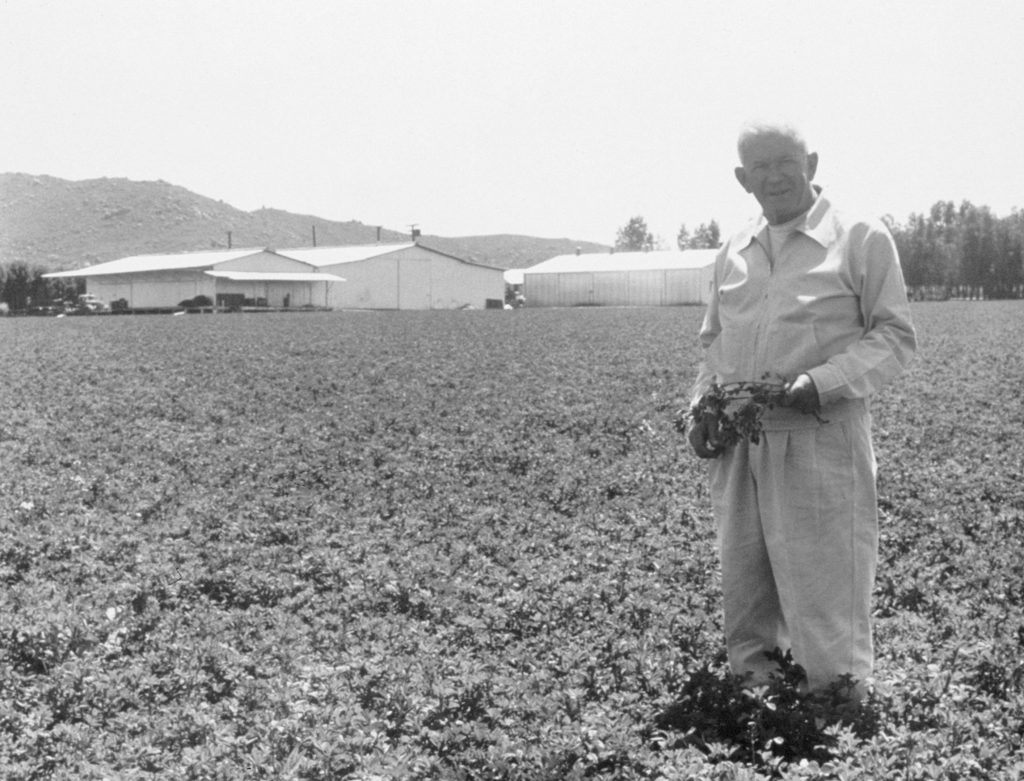
My father was also a keen observer of the world around him. Early in his career when he was working as a milk salesman for Carnation Milk, he was able to study Carnation’s research showing that cows consuming nothing more than alfalfa and water produced the most milk and gained the most weight.
While visiting the company’s research facility and condensory near Madison, Wisconsin in the early 20th century, a chemist held up an alfalfa plant and said to him, “This is as complicated as the universe!” It was undoubtedly an “a-ha” moment that further seeded the idea for Nutrilite and inspired him to continue exploring the power of plants.
The farming he first undertook on the original Nutrilite farm in Reseda, California was done using a specially designed scythe with a basket attached so that he could keep all the alfalfa he was harvesting from ever touching the ground. Initially, it was the alfalfa that he processed in his own lab that provided the nutrients for his food supplements. The same plant he watched contented cows consume 20 years earlier.
Of course, he didn’t use synthetic chemicals or fertilizers to grow his crops back then. Today, our farming operations span nearly 6,000 acres across three countries where the same ethos is operating on a much larger scale.
But organic isn’t the only mindset that is driving the farming industry.

It has truly become about the soil – protecting it long-term so that future generations can benefit from the healthy mix of nutrients and life-giving substances that exist right below our feet.
The biggest challenge for organic farms is weed control. How you keep weeds from proliferating is where the industry is ripe for innovation. And there are ways to do it without damaging the soil. Even by using lasers!
Regenerative agriculture is also gaining momentum as an effective way to preserve soil and the environment while also creating carbon sinks to recapture carbon dioxide that has been expelled into the atmosphere. It is one way to promote circular economies through farming.
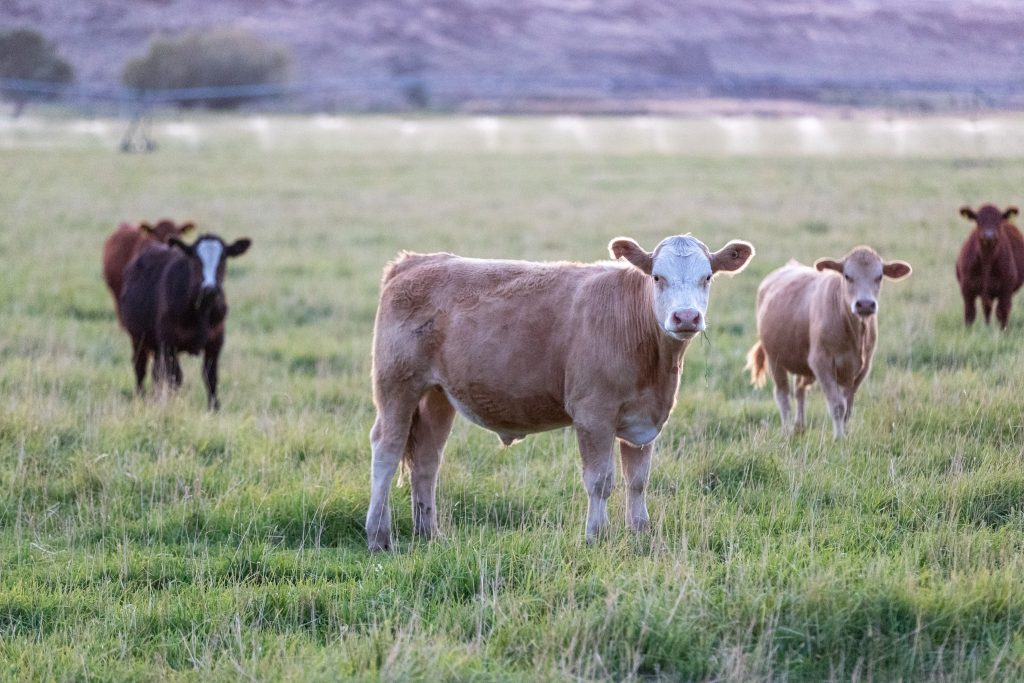
And about those cows. Happy cows that graze on healthy soil have a magical way of improving the soil biology through their saliva and organic waste. It’s how nature meant it to be. Circular, returning what we use in a virtuous cycle that helps balance our existence on this planet.
I, for one, am grateful to the farmers, innovators, and champions of sustainable farming that are following in the steps of the pioneers before them.
To me, one thing is certain: Save the soil, save the future. I hope you think so too.
Cheers,


